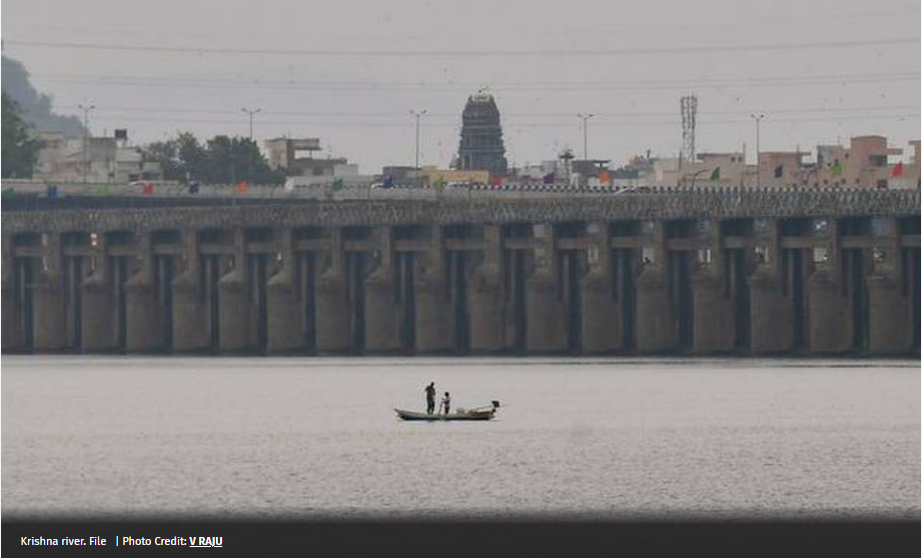




Figure 2: No Copyright Infringement Intended
|
· Maharashtra |
· 560 TMC |
|
· Karnataka |
· 700 TMC |
|
· Telangana & Andhra Pradesh |
· 800 TMC |










© 2025 iasgyan. All right reserved